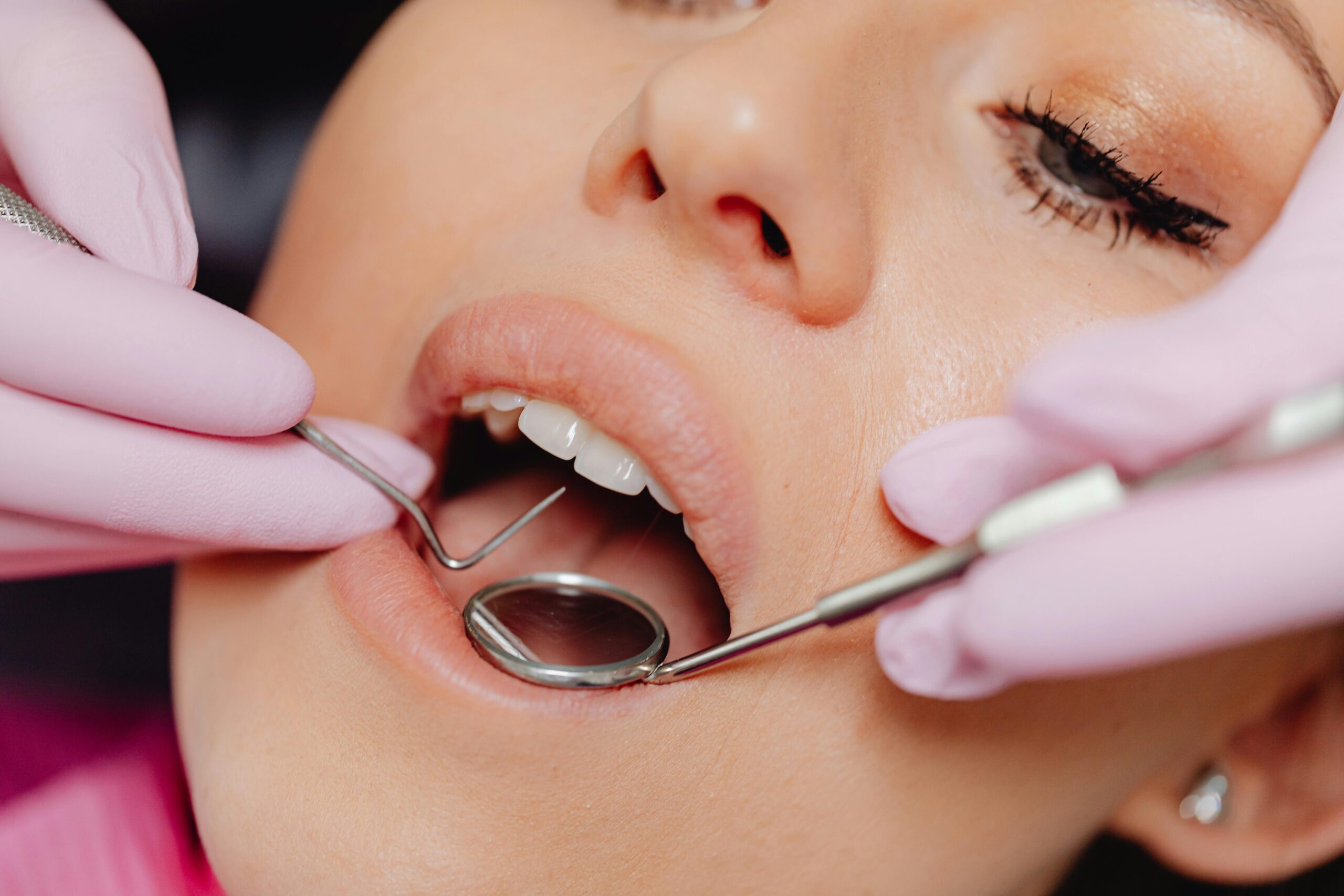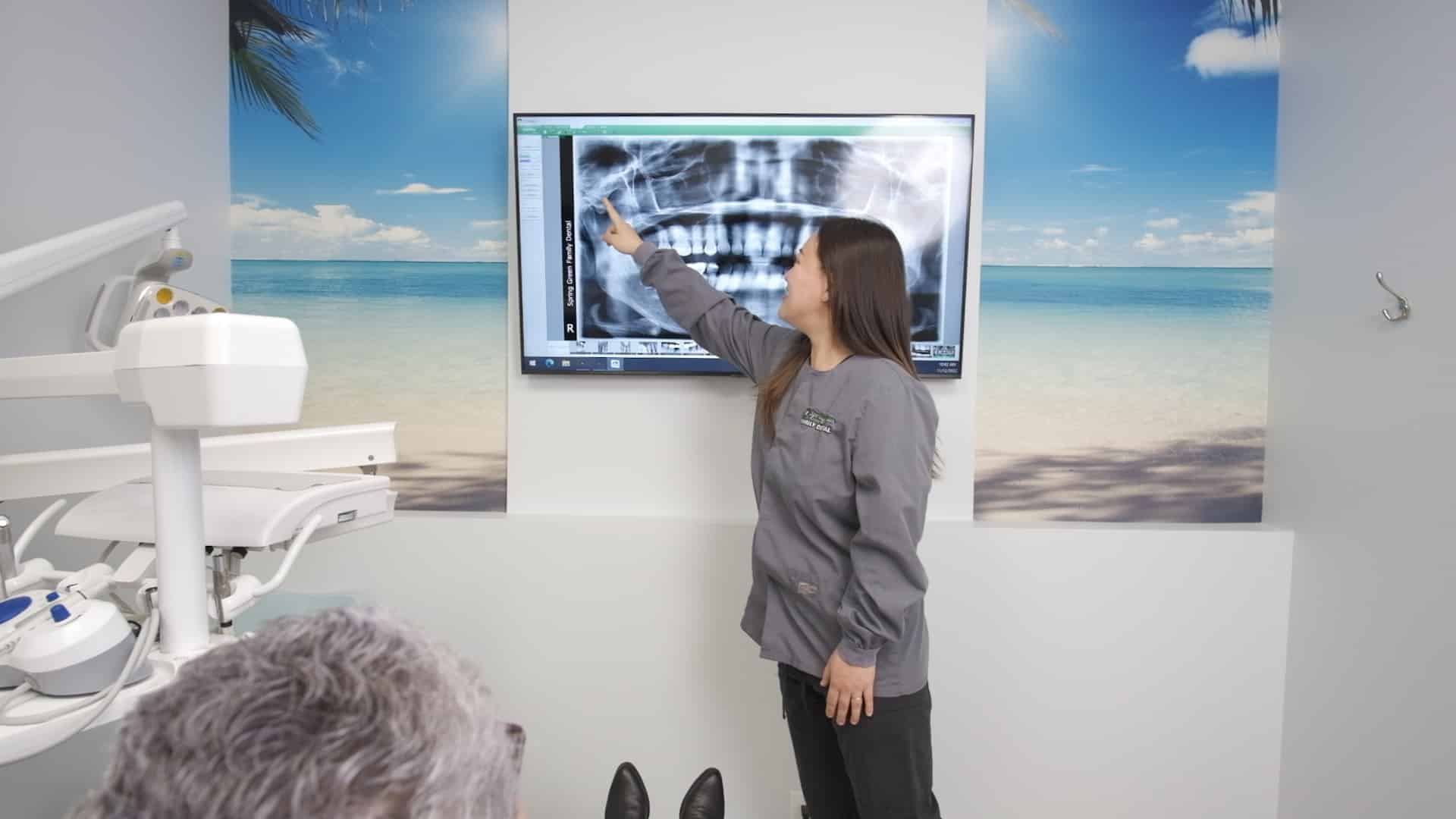While snoring may seem like a harmless annoyance to your bed partner, snoring can actually be a sign of a more severe condition known as sleep apnea. Sleep apnea is a sleep disorder that causes a person to stop breathing for short periods while they are asleep. This is due to the muscles in the throat relaxing and blocking the airway, leading to a decrease in oxygen levels in the body. These pauses in breathing can last from a few seconds to a few minutes and can occur multiple times throughout the night.
The most common symptom of OSA is loud and persistent snoring. In this blog, our Katy, TX, sleep dentist explores the relationship between snoring and obstructive sleep apnea (OSA) and why it is important to seek dental sleep medicine.
Snoring and Obstructive Sleep Apnea: What are the similarities?
Snoring and OSA are closely related, as snoring is often a symptom of OSA. In OSA, the airway is partially or completely blocked, causing snoring. As the airway becomes more obstructed, the body’s oxygen levels decrease, leading to pauses in breathing. These pauses can cause the person to wake up gasping or choking, disrupting their sleep and leading to daytime fatigue.
However, not everyone who snores has OSA. If you snore and have one of the following symptoms, it’s wise to talk to our Katy, TX, sleep dentist about getting treatment for both conditions:
- Sore Throat & Morning Headaches
- High Blood Pressure
- Your Snoring Is So Loud that It Disrupts Your Sleep Partner
- Excessive Daytime Fatigue
- Gasping & Choking at Night
Causes of Snoring and OSA
Snoring and obstructive sleep apnea occur when the airway is partially blocked, causing the tissues in the throat to vibrate as air passes through. A variety of factors can cause both of these conditions.
- Age: As we age, our throat muscles become weaker, making them more likely to collapse during sleep.
- Weight: Excess weight can lead to an increase in fatty tissue in the throat, which can obstruct the airway.
- Alcohol Consumption: Alcohol relaxes the muscles in the throat, making them more likely to collapse and cause snoring.
- Sleep Position: Sleeping on your back can cause the tongue to fall back and block the airway, leading to snoring.
Find a Katy, TX, Sleep Dentist
In summary, snoring and obstructive sleep apnea are closely related, with snoring often being a symptom of OSA. Both conditions can lead to serious health risks if left untreated.
If you are experiencing symptoms of snoring or OSA, it is important to consult with our Katy, TX, sleep dentist for a proper diagnosis and treatment plan. At Spring Green Family Dental, we offer oral appliance therapy to treat sleep apnea. Oral appliances are custom-made devices that are worn in the mouth while sleeping. They work by repositioning the jaw and tongue to keep the airway open and prevent snoring and OSA. Learn more about your non-invasive treatment options by reaching out to us today.







